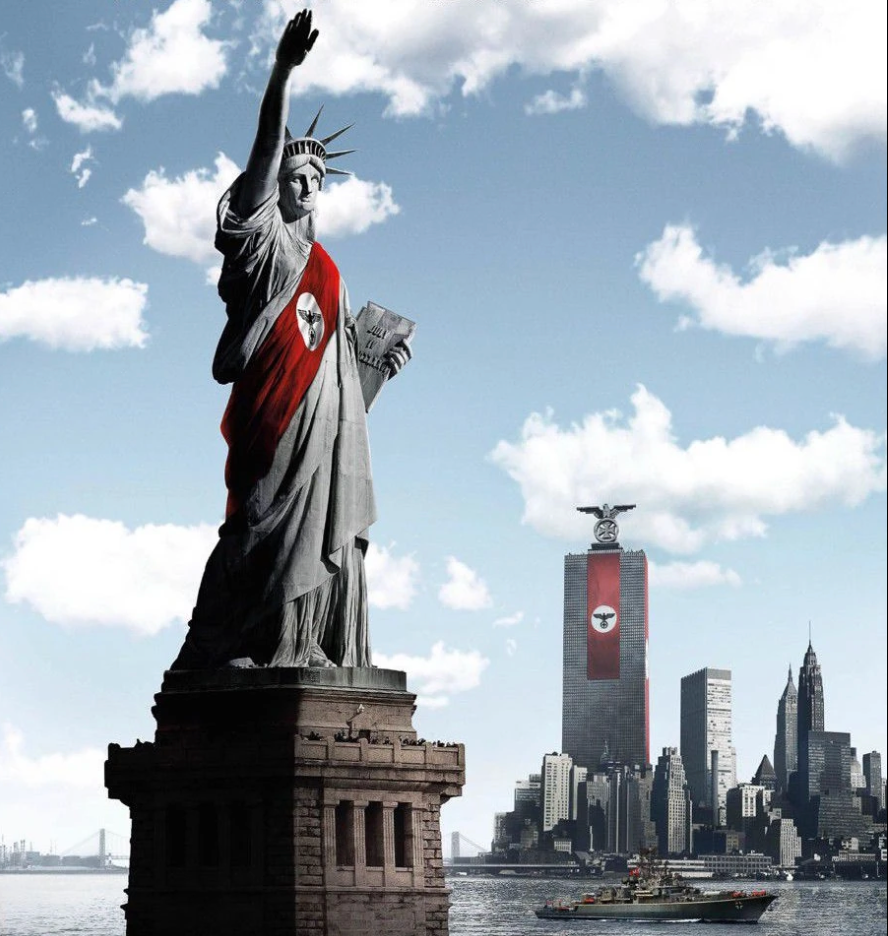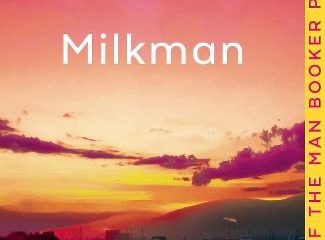Top 10: counterfactual novels
A top ten of fiction that takes a point in history and diverges from it, exploring what if an historical event had taken a different course.

- The Underground Railroad by Colson Whitehead. In the antebellum South, the Underground Railroad has assumed physical form. Cora and Caesar jump aboard to escape the hell of a cotton plantation.
- Cahokia Jazz by Francis Spufford. An inventive Chandler-esque noir thriller set in an alternate America of the 1920s, where the native American population was not decimated by the smallpox introduced by Europeans.
- Pavane by Keith Roberts. Following the assassination of Queen Elizabeth I, England succumbs to the Spanish Armada. Four hundred years on, the country remains in the grip of the Church of Rome. But rebellion is afoot.
- The Plot Against America by Philip Roth. Aviator and all American hero, Charles Lindberg, wins the 1940 presidential election against Franklin Roosevelt with the motto ‘America First’. So begins an insidious campaign of anti-semitism and peace with Hitler’s Germany.
- Civilizations by Laurent Binet. What if the Incas had invaded Europe?
- The Man in the High Castle by Philip K Dick. The Axis powers won WWII. The Nazis have taken over New York, the Japanese control California and the African continent is virtually wiped out.
- Jonathan Strange & Mr Norrell by Susanna Clarke. Set during the Napoleonic era, magic exists in England and it is called upon to support the English government against the French Emperor.
- The Difference Engine by William Gibson. Charles Babbage perfects his Analytical Engine, bringing about the age of the computer a century early. A steampunk classic.
- Fatherland by Robert Harris. The Nazis won World War II. Now, in 1964’s Berlin, The Greater German Reich prepares for Adolph Hitler’s seventy-fifth birthday.
- Temeraire by Naomi Novak. The Napoleonic Wars take on a new dimension with an Aerial Corps of dragons.
Bubbling Under
- The Years of Rice and Salt by Kim Stanley Robinson. The Black Plague has killed ninety-nine percent of the human population. China is the first country to reach the New World, the Industrial Revolution starts in India, and Buddhism and Islam are the world’s most influential religions.



0 Comments